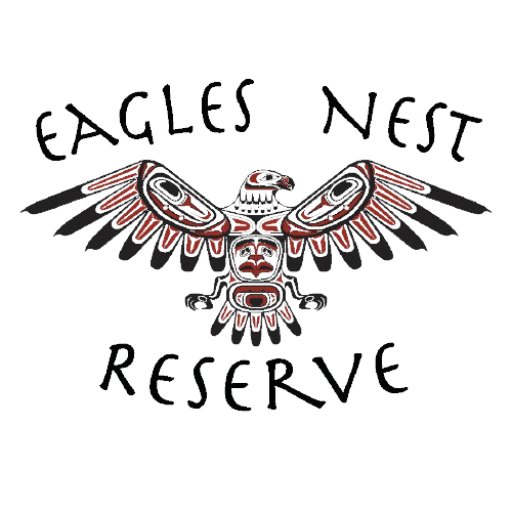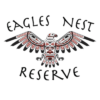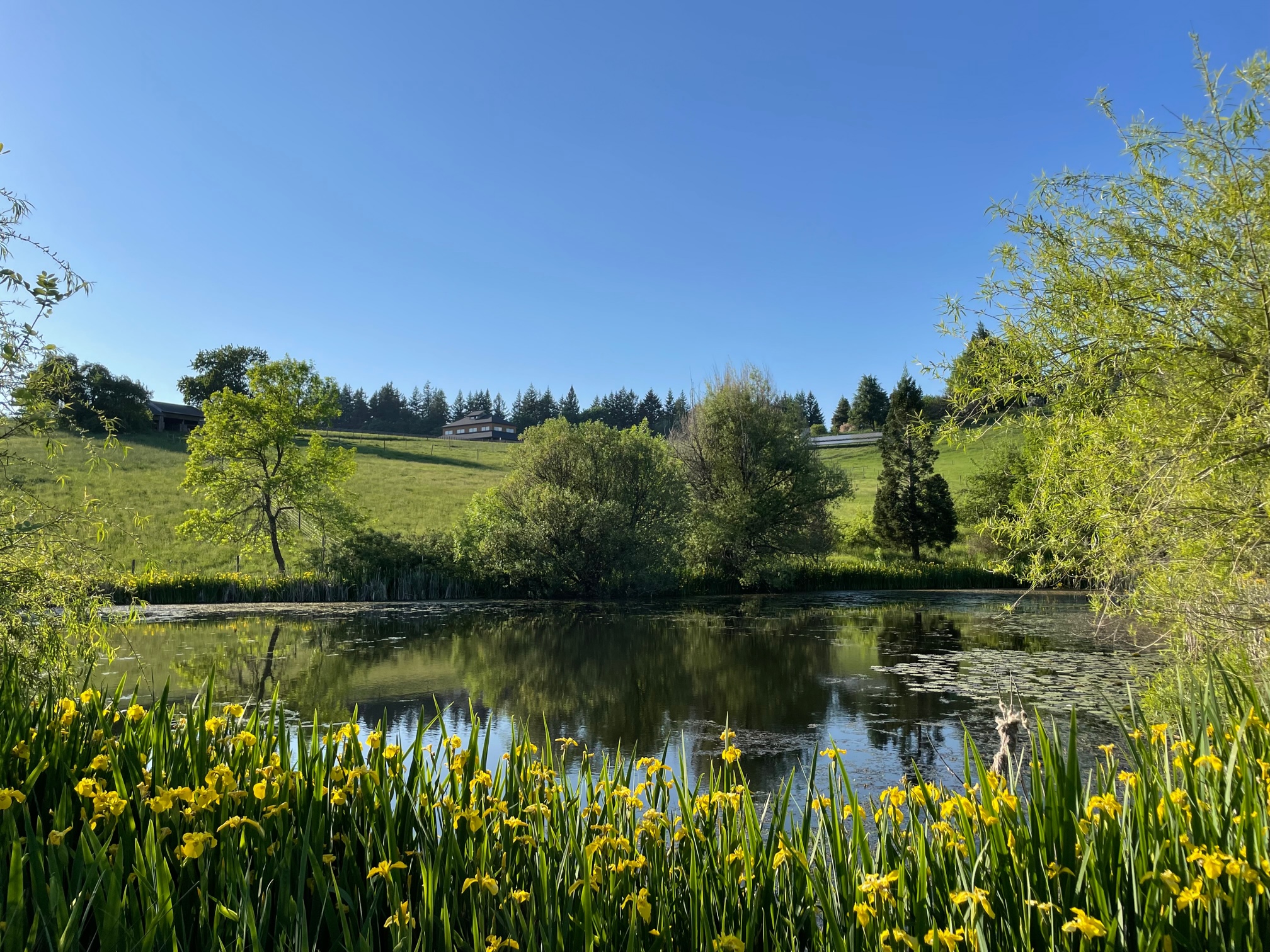
Stewardship Of The Land
Conservation
Ethical stewardship and conservation of the land is a primary goal at Eagles Nest Reserve. we manage our entire estate to encourage wildlife and natural diversity. We are fortunate to be stewards of this beautiful place on Mother Earth. Pastures are managed with a grazing herd of alpacas who are easy on the land ruminants without hooves that help keep fire danger down. The vineyard is managed without synthetic pesticides or herbicides and cover crops such as subclover, white clover and sheep fescue add fertility and control weeds. An array of solar panels produce most of our electricity for seven months each year.
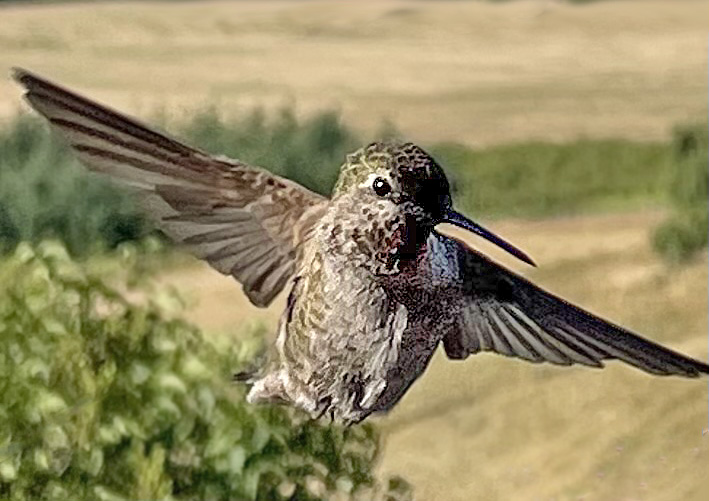

Conservation
Ethical stewardship and conservation of the land is a primary goal at Eagles Nest Reserve. we manage our entire state to encourage wildlife and natural diversity. We are fortunate to be stewards of this beautiful place on Mother Earth. Pastures are managed with a grazing herd of alpacas who are easy on the land ruminants without hooves that help keep fire danger down. The vineyard is managed without synthetic pesticides or herbicides and cover crops such as subclover, white clover and sheep fescue add fertility and control weeds. An array of solar panels produce most of our electricity for seven months each year.

The Birds
The Reserve is a birdwatchers dream! A large colony of cliff swallows reside at the Eagles Nest barn and a string of nesting boxes through the vineyard are filled with western bluebirds, tree swallows, and wrens each year. Around the Reserve, you’ll find many raptors including Cooper’s and red tail hawks, northern harriers, peregrine falcons and a large number of kestrels. Other avian residents and visitors include herons, buffleheads, ringnecked ducks, bald eagles and osprey at the ponds, pileated woodpeckers, great horned and barred owls in the forest, and goldfinches, white crowned sparrows, and lazuli buntings in the vineyard and meadows. There are many more!
The Beasts
The easement-protected forests and pastures support a herd of Roosevelt elk, black tail deer, bobcats, black bear, cougars, raccoons, and coyotes. The various ponds, wetlands and creeks on the Reserve have red-legged frogs, newts, Pacific giant salamanders, beaver, muskrats and Native cutthroat trout. The meadows of Waibel Gulch are being left as grazing land for deer, elk, and the alpaca herd.


The Beasts
The easement-protected forests and pastures support a herd of Roosevelt elk, black tail deer, bobcats, black bear, cougars, raccoons, and coyotes. The various ponds, wetlands and creeks on the Reserve have red-legged frogs, newts, Pacific giant salamanders, beaver, muskrats and Native cutthroat trout. The meadows of Waibel Gulch are being left as grazing land for deer, elk, and the alpaca herd.
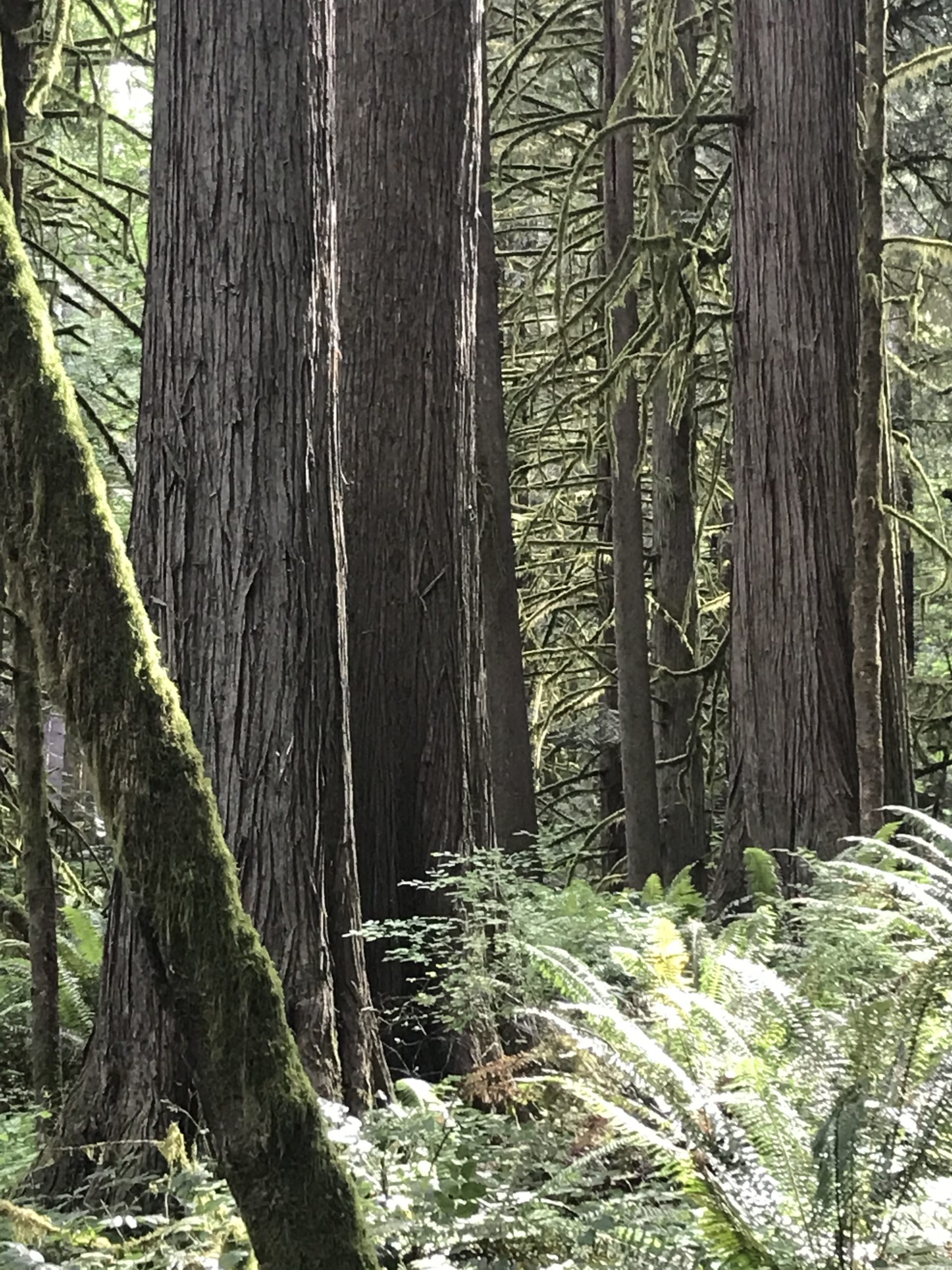
Healthy Forests
Eagles Nest Reserve is located on prime farm and forest lands. We’ve placed much of the Reserve into two conservation easements with the Helvetia Community Association. The Beaumont Preserve is a mature western red cedar forest laced with woodland hiking trails. The southerly portion of the estate is in a working farm and forest easement and has meadows and a mature Douglas fir forest. Much of the land too steep for vineyard and farming is being reforested with an emphasis on diversity. It is our belief that these valuable lands should be protected from urban development for future generations. To discourage this development we must use these lands, but use them wisely.
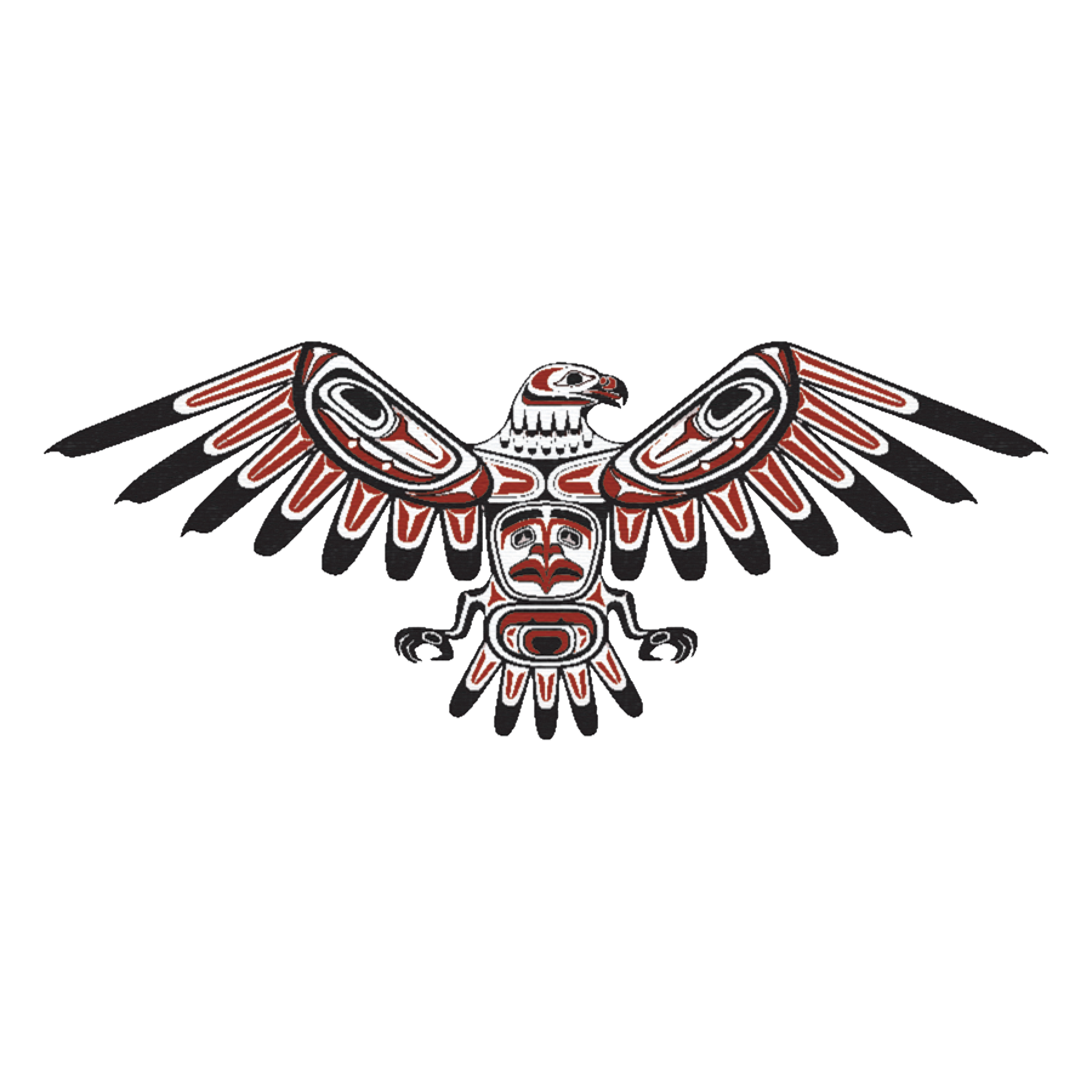
“Eagle of the Haida Gwaii”
About the artist: Fareed Khan
After many years of working in the field of public affairs, communications and public policy, Fareed Khan once again began to indulge his passion for creating art, something which he had last done when he was in school and following graduation from university. His exploration of his artistic abilities came through his appreciation and study of the strong graphic art style of the Indigenous peoples of the west coast of Canada and the Northwest U.S. It was the clean details of imagery based on Indigenous spiritual beliefs, the use of bold colors, and the very clear depictions of Indigenous animal totems common to the mythology of the Haida, Haisla and Tlingit First Nations that appealed to him. As such, he created the eagle image as an homage to the Indigenous people of the Haida Gwaii as his first original graphic art piece. Many myths and legends surround the eagle which is a symbol of peace and friendship. It is a source of inspiration to many of today’s print makers and designers among Indigenous communities across Canada.
In creating this and other pieces in the style of the First Nations of British Columbia and the Northwest U.S., Fareed also pays homage to their struggle to overcome the injustices that they have suffered first at the hands of European settlers and then the polocies of the Canadian and U.S. Governments that sought to destroy their culture and heritage, and them as a distinct Indigenous people well into the 20th century.
Fareed Khan has spent a distinguished 20+ year career leveraging subject matter expertise in public affairs, government relations, strategic communications, public policy advocacy and stakeholder relations to advance a wide range of public policy causes in the public and private sectors. During his career, Fareed has developed and implemented numerous successful pulic affairs and communications strategies addressing a broad spectrum of public policy issues and communications challenges at all levels of government. Some of the policy areas in which Fareed has worked include: human rights, immigration, affordable housing, air transport infrastructure, ‘Brown Fields’ reclamation, climate change, community and economic development, education financing, free trade, health care funding, homelessness, national security, public transit, racial profiling, taxation and waste management.
He has also held leadership positions on the boards of numerous national and community-based charitable, civic, and business organizations in both Toronto and Ottawa, and continues to volunteer his communications, advocacy and public policy expertise, especially as they relate to building a fairer, more equitable and just society.
Fareed continues to pursue art as a recreational past time. His other works are available for purchase and can be found through his Flickr account at the following link: www.flickr.com/photos/fareed-khan/albums/72157632566775610.
